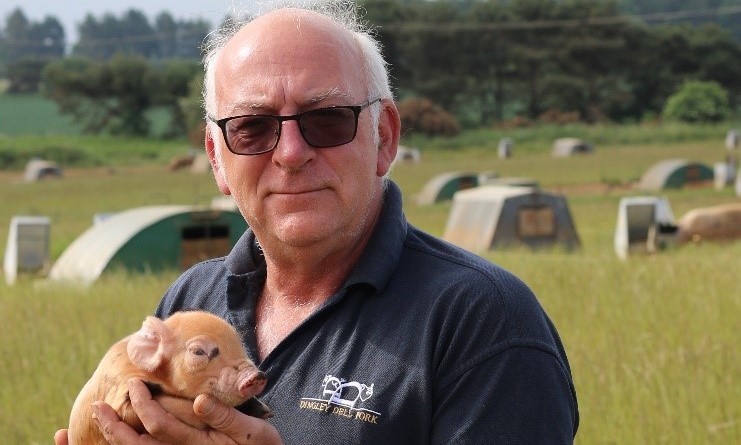It has been a long while since I’ve written anything for Pig World, so what has changed? Well, everything, actually. For the past four years, being in the pig-dense area of East Suffolk, our biggest single issue has been labour and trying to build a strong team.
While our core of stalwart pig professionals, who have been with us for a long time, remain unchanged and account for 50% of our team of six, unfortunately some of the other 50% have come and gone with increasing regularity, and with, at times, high degrees of illness/absence/lateness and often a careless attitude to work.
We have bitten the bullet and, like others in our area, have employed three Filipinos – so that’s what has changed.
We now have a full team of highly trained career pig professionals – our new staff have an excellent command of English, a superb work ethic and are university-trained, and, boy, are we seeing a difference.
Our team is calm, happy, dedicated and the workload spread evenly. Our performance figures keep improving and there is a culture of improvement running equally through the team.
My long-standing team members no longer feel they are having to carry certain individuals. We no longer look at Whatsapp at 5am to see who isn’t coming in, and my brother and I now get to have every other weekend off, as opposed to a couple a year, while everyone is working more sensible hours.
I’ve always felt you cannot move your business forward in any way, shape or form without the right people, and the past four months since we made the change has categorically validated this.
Labour problem
So, was the labour problem us? Yes, undoubtedly, I’m sure, but certainly not for lack of trying. We tried better pay, regular team outings and meals, regular meetings, bonus schemes, people with all different backgrounds and experience. And yet we failed and often, in doing so, not only made our business difficult, but our lives as well.
On reflection, the pig industry is a long-term career where learned experience over a long time leads to better outcomes for both business and staff in terms of progression.
So, if you live and farm in an area where you can obtain great local talent who you can nurture and take forward, then brilliant, do it. If not, then a blended approach to staffing using some people from abroad who are committed to our industry is a great solution.
Undoubtedly, a lot of things have changed since I was young in terms of how and where people want to work, and while livestock is certainly not for all, it only really works for those with a deep passion to work with the animals.

Dry ageing
On a different note, after about two years of trying and a large investment by our meat partner, we are now dry ageing pork primals for 50-60 days to offer as steaks to restaurants.
This dry ageing, which is a combination of temperature and humidity, removes moisture from the pork, leaving a stronger, more intense aged flavour, as well as another level of tenderness.
So far, feedback is very encouraging. Maybe it’s not just a pipe dream to be able to produce a pork steak that can rival beef.




